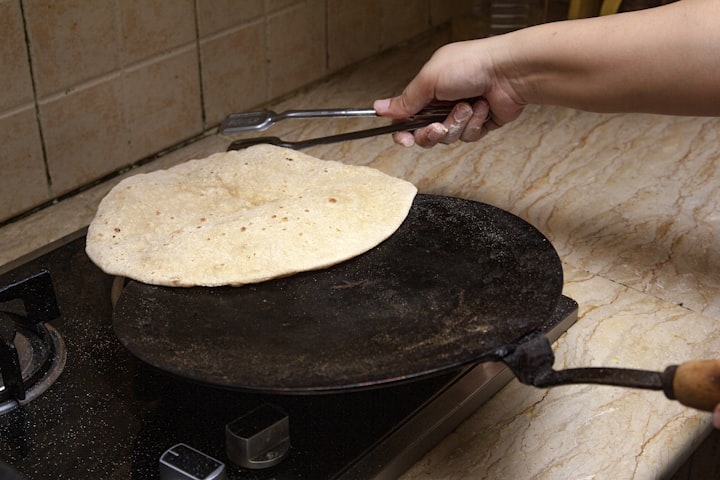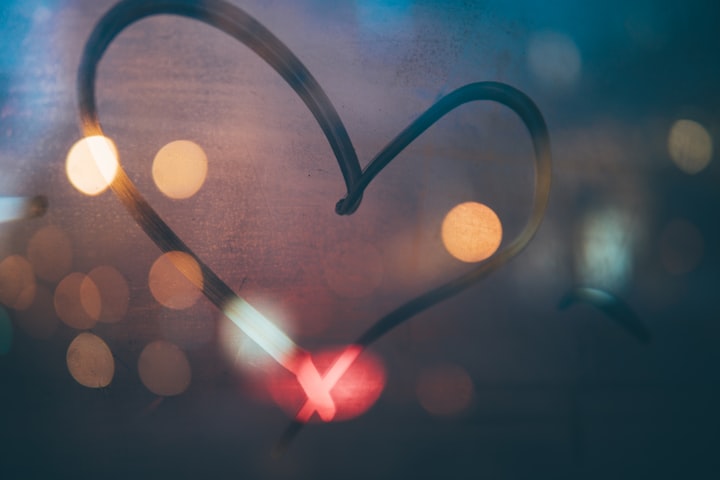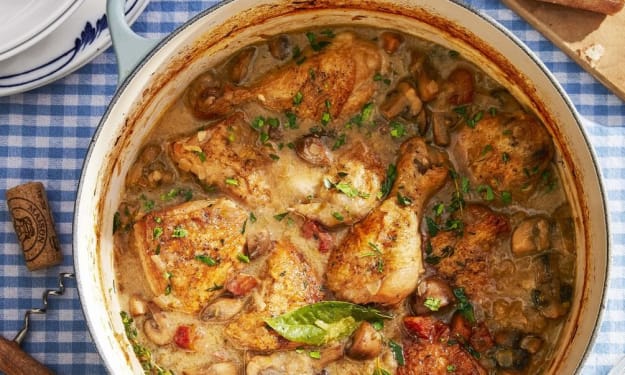The String to My Sindhi Heritage
I'm Sindhi but there's so much I don't know about my own culture

“But why do we celebrate it?” I asked, frustrated that my parents couldn’t answer a simple question I had about Thadri, a cultural/religious celebration practiced in our family.
My parents tried really hard, but they couldn’t come down to the bare bones of the rationale behind the celebration. They kept telling me what was done during the festivities — in this case, we aren’t supposed to “light fire” in the house (no cooking) and eat cold food for a day — but not why it came about in the first place at all.*
Finally, my father, in dejection, answered, “Ask your grandmother”.
My paternal grandmother
The thing is, I couldn’t ask my grandmother.
My grandmother is no longer with us. She was the only biological grandparent I had seen in my life — my maternal grandfather passed away when I was one, and both my maternal grandmother and paternal grandfather left when my parents were in their teens.
When she was around, my paternal grandmother was my string to so many things that surrounded my culture. She was the reason I picked up our dialect, Sindhi, making me one of the few remaining cousins who can converse in it pretty decently.
She also thought me how to play gin rummy which is a very Sindhi trait that I take pride in. We used to play this for fun every time my grandma visited us for her routine month-long trip to Brunei (where I was raised — she would otherwise stay with my uncle in London).
I would quickly chow down my lunch down after school and do my homework, so I could spend an hour with my grandmother playing cards. I remember I giggled just looking at how her old hands could not neatly hold the mandatory 13-cards — a trait that, I now realise, my father inherited. She would often tease me for being such a “big amma”, she being the original amma — what I called her. She always said I had such “old people” habits — a trait that I still carry on till today.
Legacy, lost
Unfortunately, my grandmother passed away in 2016, when I was still too young to understand the importance of a grandparent. That’s often the case isn’t it ? We don’t realise the value of what we have until it’s gone.
I miss my grandmother when I see or hear other people share the stories their grandparents tell them or hear them talk about knowledge that is passed down from generations. I miss my grandmother most, though, when I have questions that the current generation cannot answer. When I want to learn about some cultural thing that we conduct, but nobody is around to show me how to carry these things on now.
I remember her and am filled with regret that I didn’t have the sense to ask her all these questions before she passed away.
I didn’t understand how much I would look for her when questions about our tradition would pop up. It often feels like there are so many cultural and traditional gaps that I need to fill and there is nobody in the family for me to turn to.
Picking up the pieces
But I try to pick up the pieces. I listen to my father’s stories of his childhood and the things that his mother used to do. I hear my grandmother’s voice when my aunty (who has now passed on, too) speaks of some old traditions. I learn about the things my grandmother used to do from my own mother, who still sometimes carries out the same routine that my grandma taught her.
It takes time to put the jigsaw puzzle that my grandma left behind together, and sometimes I’m left disappointed because the remaining pieces cannot give me the answers that I’m searching for when it comes to traditions and practices that we carry out today. It feels like there was so much information to pick up about my heritage that is now lost.
Fortunately, I still get glimpses of my grandmother from these remaining pieces. I often look at the faces of her children and see the resemblance. She may not be around anymore, but she’s left her little legacy behind her that will forever keep her close to us.
There’s also Google.
*After a lot of Google research, I found out that the reason for celebrating Thadri is to revere Sitala Devi, a Goddess who cures diseases such as poxes, sores, etc. This Goddess’ name translates to “the one who cools”. Therefore, no fire is to be lit, no cooking is to be done on this day, thus eating cold food like lolo.
Have you lost important pieces of your heritage as your predecessors pass on? Is there something about your heritage that you value?
Originally published on The Songket Alliance and Medium.
About the Creator
Manisha Dhalani
Content writer and marketer helping solopreneurs achieve organic growth. Loves reading, eating cake, and having insightful conversations.






Comments
There are no comments for this story
Be the first to respond and start the conversation.